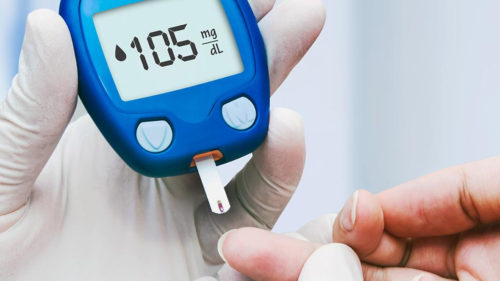What Can Go Wrong If Diabetes Goes Undetected

You can manage diabetes once diagnosed but undiagnosed cases can become life threatening. Though some people with diabetes have no symptoms or only a few symptoms that seem almost harmless, untreated diabetes can be very risky.
Ketoacidosis
Let us take a case where your blood sugar levels become too high; you may develop a condition known as ketoacidosis. This is very common in people who have type 1 diabetes.
People with type 2 diabetes are less likely to have ketoacidosis since insulin is still being produced. This is an acute complication which can happen quickly. It is considered a medical emergency.Some of the symptoms of ketoacidosis are as follow:
- Deep or rapid breathing
- Stomach pain
- Nausea or vomiting
- Flushed complexion
- Fruity smelling breath
- Confusion
- Coma
If the conditions become chronic, it can lead to more complex medical problems like:
- Kidney disease (nephropathy)
- Dental issues
- Eye disease (diabetic retinopathy)
- Skin issues
- High infection rate
- Nerve damage (diabetic neuropathy)
- Vessel damage
- Even amputations may have to be performed due to damaged nerves and vessels.
Hypoglycemia
Now a second case where you might be on the medications that might be increasing insulin levels in the body and you may develop a risk for an acute complication is called hypoglycaemia. In hypoglycaemia, blood sugar levels drop very low. The symptoms which you could notice because of hypoglycaemia:
- Losing consciousness
- Fast heartbeat
- Excessive sweating
- Trembling
- State of confusion
- Anxiety
- Dizziness
In the case of hypoglycemia also, you need to seek urgent medical care without any delay.
Undiagnosed diabetes can cause other complications too, besides the ones mentioned here. Relevant symptoms, however mild or infrequent, should not be taken lightly. Consult a doctor as soon as you can if any symptom presents itself.
Related Articles:
Disclaimer: This content including advice provides generic information only. It is in no way a substitute for qualified medical opinion. Always consult a specialist or your own doctor for more information.
